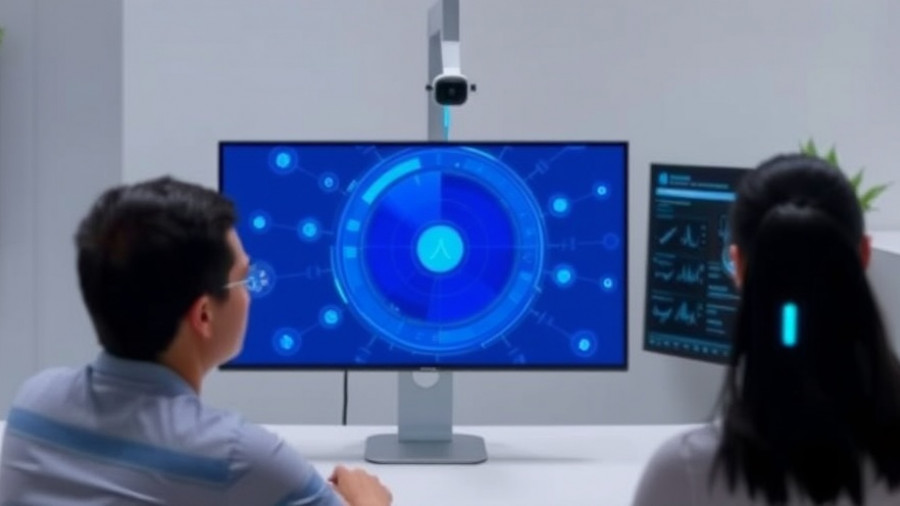
Revolutionizing Healthcare with Multimodal AI: Viz Assist
In a significant leap for healthcare technology, Viz.ai has unveiled Viz Assist™, a pioneering suite of autonomous AI agents designed to enhance clinical decision-making and streamline patient care. By leveraging both electronic health records (EHRs) and real-time patient data, Viz Assist aims to reduce the cognitive load on healthcare professionals and ultimately improve patient outcomes.
Understanding Multimodal AI in Healthcare
Multimodal AI refers to artificial intelligence systems that process and integrate multiple forms of data—such as text, images, and audio—to offer a richer analysis of patient health. Traditional systems often rely on single types of data, making them less effective in complex scenarios where multiple factors influence patient care.
According to research regarding multimodal AI, these systems can enhance disease diagnosis and treatment by combining various sources of data, allowing clinicians to adopt a more holistic view of patient health. For instance, Google’s MedPaLM exemplifies the capacity of multimodal AI, integrating medical imaging, clinical narratives, and genomic information to provide comprehensive insights.
Benefits of Viz Assist for Clinical Teams
Viz Assist presents a multitude of benefits that can resonate well within the healthcare community. Firstly, it acts as a clinical copilot that continuously scans for vital clinical signals. By uniting various data streams—from ambient listening to EHRs—these AI agents generate timely, actionable insights, significantly enhancing the speed at which healthcare decisions are made.
Moreover, Viz Assist functions across multiple hospitals and EHR systems, ensuring that care teams receive crucial updates in real-time, no matter where they are located. This interconnected approach simplifies information management and allows clinicians to focus more on patient care rather than administrative tasks.
Addressing Challenges: A Step Forward in Implementation
While the potential of multimodal AI is clear, some challenges remain in its implementation within healthcare settings. Chief among them are data privacy and security issues. As healthcare data is highly sensitive, complying with regulations like HIPAA is paramount. Furthermore, integrating these sophisticated AI systems with existing clinical workflows poses significant operational hurdles.
Viz.ai anticipates overcoming these challenges by ensuring that Viz Assist is not only compliant but also designed to be easily integrated into current medical technologies. This adaptability will be crucial in earning the trust of healthcare professionals.
The Future of AI in Healthcare: A Collaborative Approach
Dr. Andrew Ibrahim, Chief Clinical Officer of Viz.ai, emphasizes that Viz Assist is not meant to replace clinicians but to work alongside them. This vision reflects a broader shift in healthcare toward a collaborative model where AI enhances human decision-making rather than supplanting it. As this trend continues, clinicians may find renewed joy in their practice, focusing on direct patient care while AI handles routine data management.
Ultimately, the introduction of Viz Assist could signal a new era in healthcare, marrying technology with clinical expertise to ensure that patients receive timely care and optimal treatment outcomes.
Conclusion: A Call to Embrace New Technologies
As healthcare continues to evolve with the introduction of advanced technologies like Viz Assist, it is imperative for medical professionals to stay informed and adapt to these innovations. Multimodal AI platforms are more than just tools; they are conduits for enhancing patient care and improving clinical outcomes. By embracing these technologies, healthcare providers can change the landscape of patient treatment, leading to better results for all individuals involved in the care journey.
 Add Row
Add Row  Add
Add 




Write A Comment